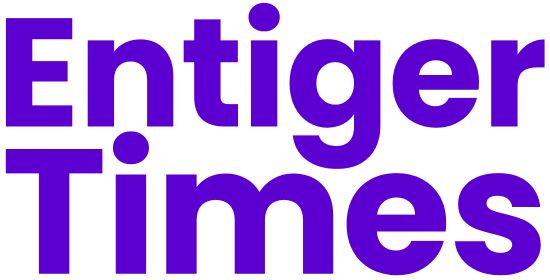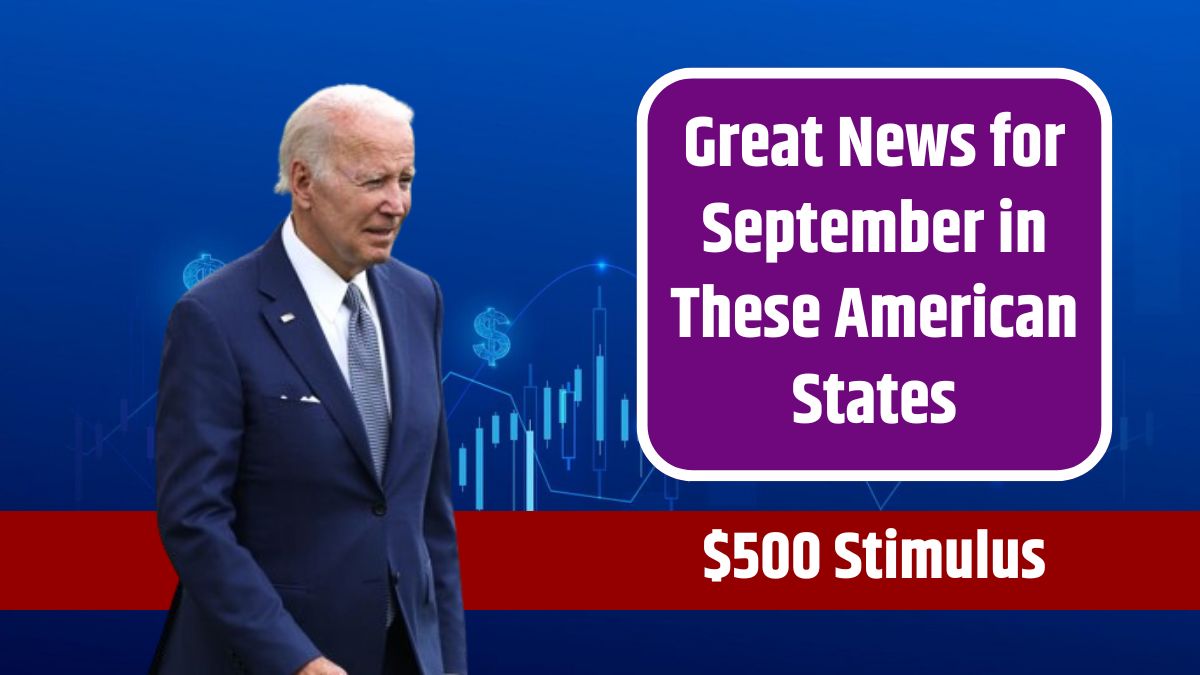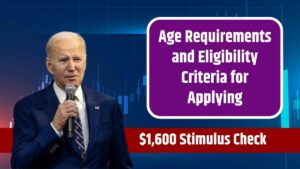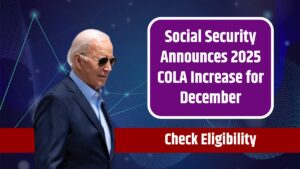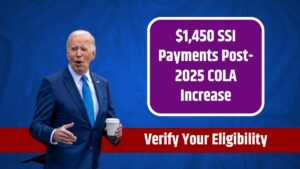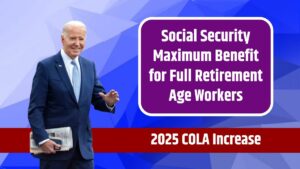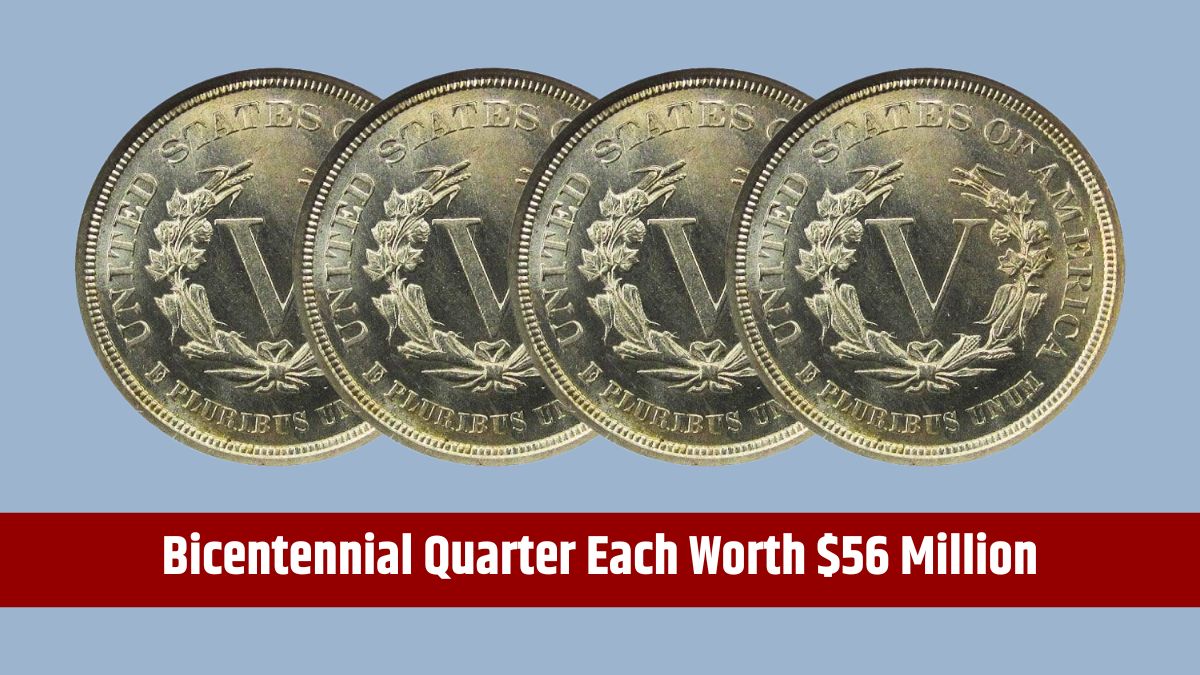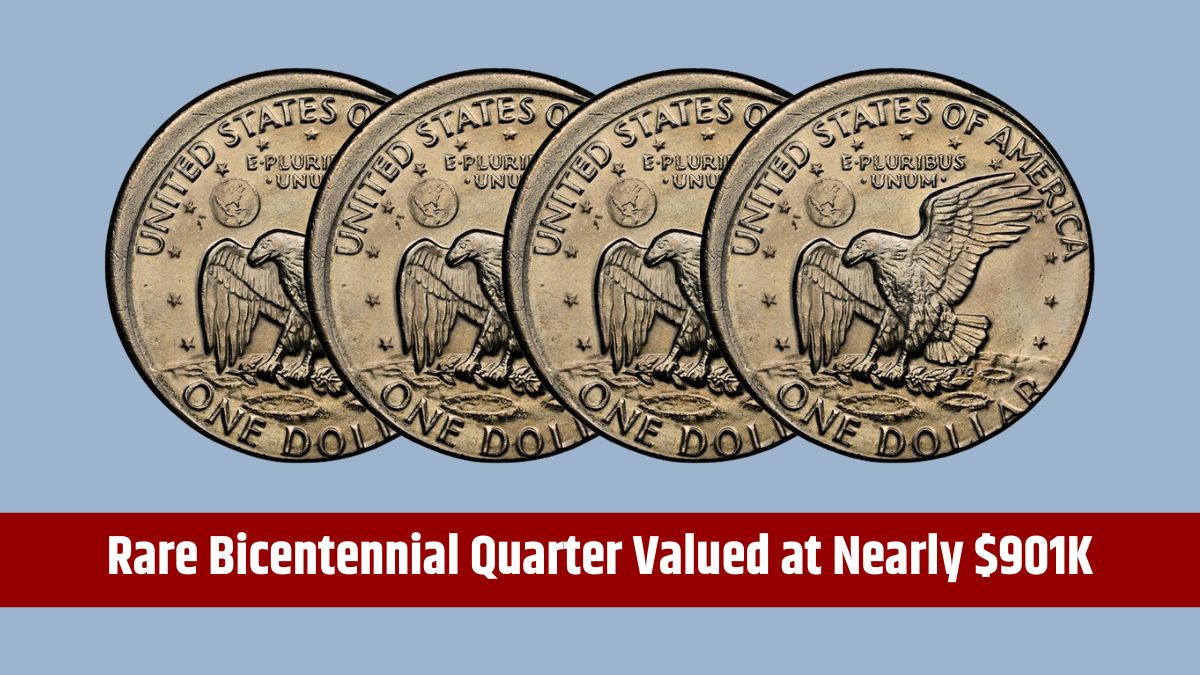Amid the ongoing economic challenges posed by COVID-19 and inflation, some U.S. states have introduced $500 stimulus payments to support their residents. These payments aim to assist households that are still struggling financially, helping them cover essential expenses like food, utilities, and medical bills. Although the federal government has been winding down its stimulus programs, several states—such as California, Michigan, New York, Washington, and New Mexico—continue to offer direct relief to their populations.
This initiative is part of a broader effort to stimulate local economies and provide a safety net for those hit hardest by the economic downturn. While $500 might not solve all financial issues, it can significantly ease the burden for many families.
Contents
- 1 California’s Income Program
- 2 Michigan’s Support
- 3 Other States
- 4 Economic Impact
- 4.1 Social Security Maximum Benefit for Full Retirement Age Workers – Changes Following the 2025 COLA Increase
- 4.2 FAQs
- 4.3 Who qualifies for Fresno County’s $500 payments?
- 4.4 How long will Ann Arbor’s business payments last?
- 4.5 Which state offers $528 to business owners?
- 4.6 What can $500 payments be used for?
- 4.7 How are stimulus payments distributed?
California’s Income Program
In Fresno County, California, the Guaranteed Income Program is designed to provide continuous support to low-income residents. Starting in August 2024, 150 residents will receive $500 monthly payments for an entire year. This initiative aims to help families avoid financial stress and reliance on high-interest credit options, such as payday loans.
The program’s primary goal is to give families more predictable and stable income, allowing them to plan for the future. This could involve saving for college, pursuing higher education, or transitioning to better employment opportunities. The program will also be evaluated based on its impact on participants’ economic well-being and psychological health. Policymakers will use these evaluations to determine potential adjustments or expansions of similar programs at the state or city level.
Michigan’s Support
Ann Arbor, Michigan, has implemented its version of a Guaranteed Income Program, focusing on small business owners. Through this initiative, 100 small business owners are receiving $528 per month, with the funds specifically aimed at helping them keep their businesses afloat during the economic recovery period.
This program, supported by the University of Michigan’s Poverty Solutions group, is designed to foster local development and employment creation. By providing these small businesses with additional capital, the state hopes to revitalize communities that have been economically strained during the pandemic. The funds allow small businesses to continue operating and investing in their future, contributing to job growth and economic stability in the region.
Ann Arbor’s focus on small businesses reflects the recognition of their critical role in local economies. By offering targeted financial aid, the city is encouraging entrepreneurship and helping start-ups weather tough economic conditions.
Other States
Other states, including New York, Washington, and New Mexico, have also implemented $500 stimulus payments to aid their residents. These payments are particularly targeted toward low-wage earners and families facing financial difficulties due to rising costs and stagnant wages.
Administered by the IRS through electronic fund transfers, these payments aim to provide a financial lifeline for essential needs such as food, electricity, and healthcare. As federal support diminishes, state governments have taken on a more active role in offering economic relief. These payments help stabilize struggling households, boost local economies, and ensure a more robust economic recovery.
States implementing these payments recognize that economic challenges persist, even as federal stimulus measures decrease. The goal is to prevent further economic downturns by maintaining consumer demand, particularly in sectors that serve low-income households.
Economic Impact
The $500 stimulus payments, though limited in scope, play a crucial role in supporting local economies. By providing targeted relief to those who need it most, these payments can help households cover their basic needs, reducing financial anxiety and fostering a sense of stability.
While the overall impact may vary by state, these programs are a lifeline for many families. They not only offer immediate financial relief but also contribute to broader economic recovery efforts by increasing consumer spending and stabilizing local businesses.
For many individuals and families, this extra cash could mean the difference between paying a bill on time or falling behind, buying groceries for the week, or skipping meals. In this way, the $500 payments, though modest, are making a significant difference in people’s lives.
Ultimately, these stimulus programs reflect a growing awareness among state governments of the need for sustained economic support as the nation recovers from the pandemic’s lasting effects.
Even though federal aid may be fading, these state-level initiatives continue to provide much-needed relief, giving families a chance to catch their breath and look toward a more secure financial future.
FAQs
Who qualifies for Fresno County’s $500 payments?
Residents selected through the Guaranteed Income Program.
How long will Ann Arbor’s business payments last?
Small business owners receive payments monthly for one year.
Which state offers $528 to business owners?
Michigan offers this to small business owners in Ann Arbor.
What can $500 payments be used for?
Expenses like food, utilities, and healthcare.
How are stimulus payments distributed?
Payments are made through electronic fund transfers.
